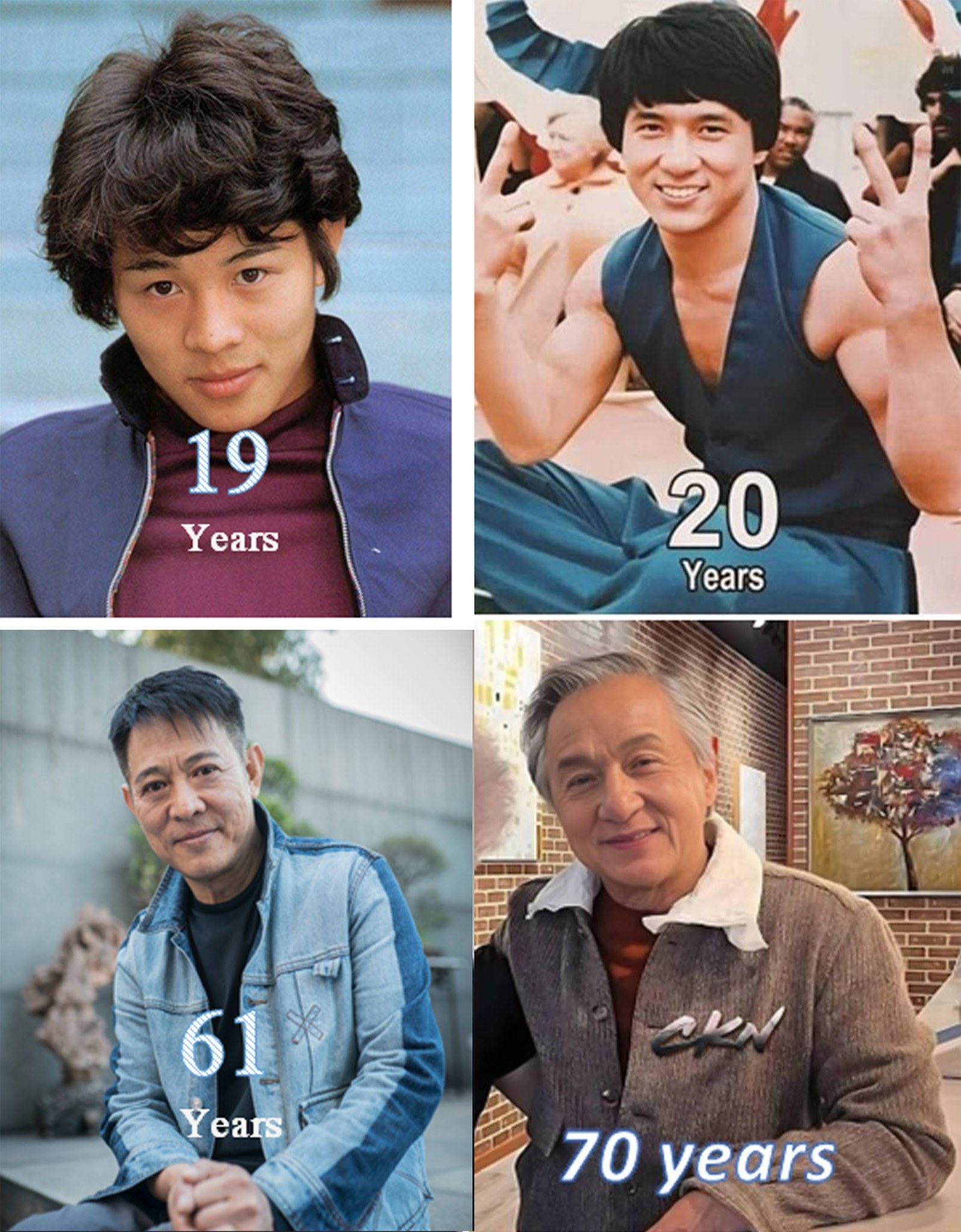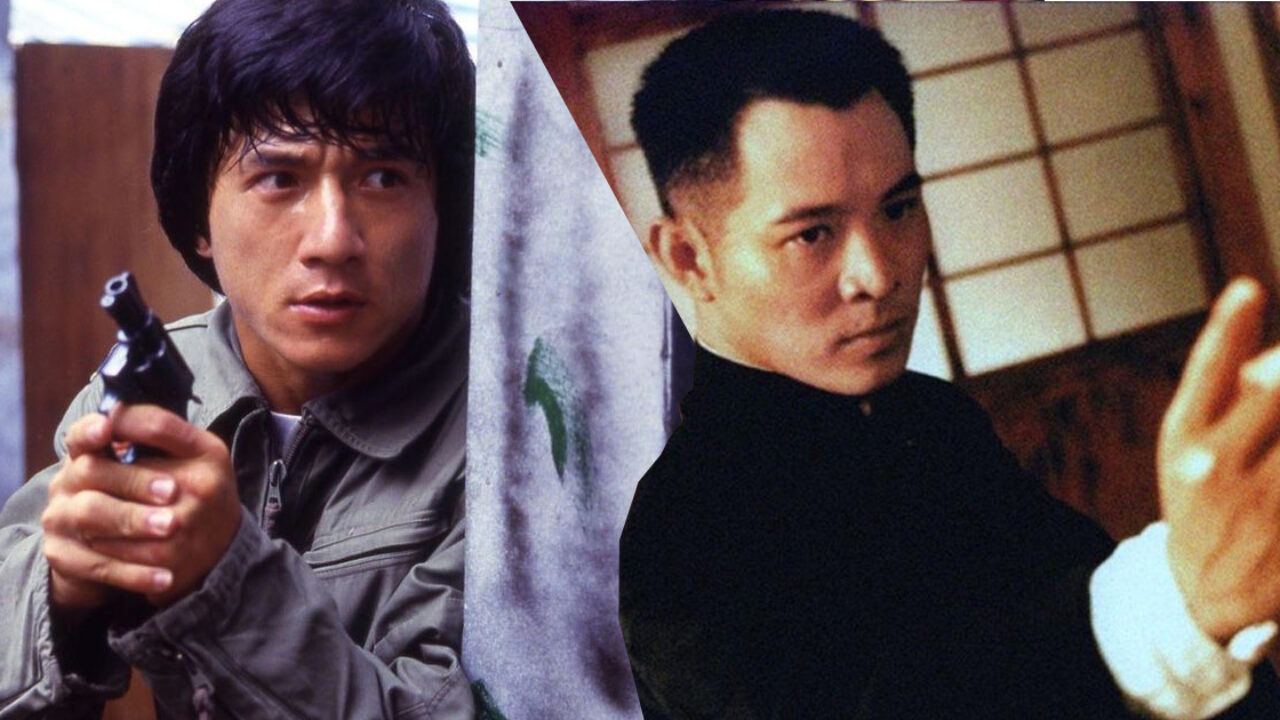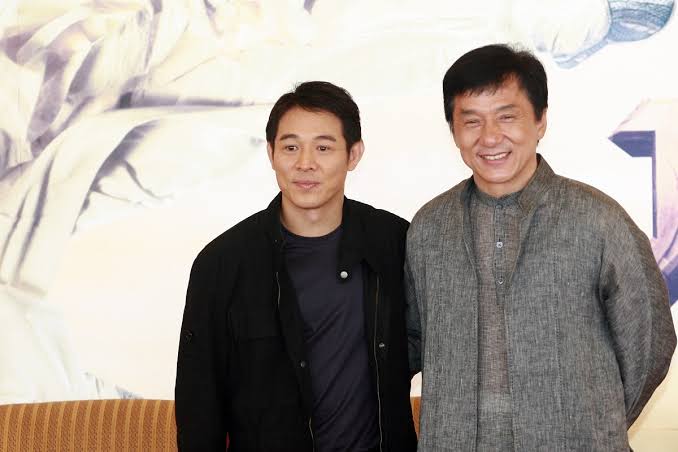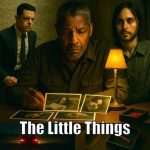Jet Li and Jackie Chan then and now

Jet Li and Jackie Chan: Then and Now – Two Martial Arts Legends
Jet Li and Jackie Chan are two of the most iconic martial artists in cinema history, each carving out their own legacy while also influencing global pop culture. Their paths have crossed multiple times, but their respective careers have taken different trajectories over the years. Let’s explore their evolution, both as actors and martial artists, from their rise to fame to where they are now.
Then: The Rise of Martial Arts Legends
Jackie Chan (1980s-1990s)
Jackie Chan’s career began in the 1970s, but it was in the 1980s and 1990s that he truly became an international sensation. Known for his unique blend of martial arts, physical comedy, and stunts, Jackie redefined action cinema, especially with his acrobatic fighting style and hilarious slapstick humor. His breakthrough in the West came with films like Rumble in the Bronx (1995) and Rush Hour (1998), which showcased not only his martial arts skills but also his incredible choreography and charisma.
Jackie’s biggest appeal is his ability to do his own stunts—something that has become a hallmark of his films. From hanging off buildings in Police Story (1985) to using everyday objects in fights, Jackie brought something fresh and dynamic to martial arts cinema, combining impeccable timing, choreographed action, and comedy.
Jet Li (1990s)
Jet Li, on the other hand, rose to fame as a martial arts prodigy in China, known for his precision, speed, and agility in traditional kung fu films. Unlike Jackie Chan, whose style emphasized acrobatic fighting and humor, Jet Li’s fighting style was more focused on elegance and discipline. He first gained international recognition in Once Upon a Time in China (1991), where he portrayed the legendary martial artist Wong Fei-hung.
Li’s performance was praised for its intense, serious tone, and his calm demeanor contrasted sharply with the often chaotic, slapstick action in Jackie Chan’s films. Jet Li was also known for his martial arts choreography, with films like Fist of Legend (1994) and The Legend of Fok (1995) showcasing his intense training and intricate fighting techniques. He became famous for his straightforward fighting style, using quick, precise movements rather than acrobatics, making him the more traditional martial artist compared to Jackie Chan’s style.
Then and Now: The Cultural Impact of Both Legends
Both Jackie Chan and Jet Li made their mark on the global stage, but their approach to martial arts cinema was different. Jackie was the comedian of action, with his choreographed, fast-paced stunts and humor-filled fights, while Jet Li represented the pure martial artist, with a focus on the discipline and seriousness of kung fu.
During the 1990s and early 2000s, Jackie Chan was at the top of his game in Hollywood with hits like Rush Hour (1998), Shanghai Noon (2000), and The Tuxedo (2002). Jet Li, on the other hand, made waves in films like Romeo Must Die (2000), Lethal Weapon 4 (1998), and The One (2001), introducing Western audiences to his more serious, intense martial arts style. Their collaborations, particularly in The Forbidden Kingdom (2008), where they shared the screen for the first time, was a significant moment for martial arts cinema.
Then: The Legendary Collaboration
The world was excited when Jackie Chan and Jet Li finally teamed up in The Forbidden Kingdom (2008), a film that bridged their differing martial arts styles. While Jackie brought his fluid, acrobatic combat and humor, Jet Li brought his finesse, precision, and discipline to the role. Their fight scene together was one of the most iconic moments in martial arts cinema, with each legend bringing their own unique flavor to the action.
Now: The Evolution of Both Stars
Jackie Chan Today (2020s)
In recent years, Jackie Chan’s career has shifted to a more mentorship role, working on films that focus less on his personal stunts and more on his legacy. Films like The Foreigner (2017) and Vanguard (2020) show a more mature Jackie, still involved in action but now often playing roles that tap into his experience as an elder statesman of martial arts cinema. Jackie Chan is also involved in the film industry behind the scenes, contributing to action choreography, and supporting younger talent.
Jackie’s influence on the action genre cannot be overstated—he has created a foundation for future martial arts stars, particularly in blending physical comedy and action. His ability to connect with audiences through humor and heart is a big part of why he remains beloved worldwide.
Jet Li Today (2020s)
Jet Li’s career, on the other hand, has taken a different turn. After achieving global fame in Hollywood, Jet Li shifted his focus towards family and health. In recent years, he has appeared less frequently in films, and his health issues, particularly thyroid problems and a rare condition that affects his ability to move freely, have kept him from performing many of the intense physical roles he’s known for. His last notable Hollywood appearance was in The Expendables 3 (2014).
However, Jet Li remains a cultural icon in China and worldwide, and he’s used his platform for charity work and public service announcements, particularly for Chinese communities. Although his acting career has slowed, his impact on martial arts and film is undeniable, and he continues to be an ambassador for traditional martial arts.
Conclusion: A Legacy of Martial Arts Cinema
Both Jackie Chan and Jet Li are legends in their own right. While Jackie Chan remains the charismatic, comedic, and acrobatic star whose name is synonymous with action-comedy, Jet Li is the embodiment of martial arts precision, serious action, and the mastery of kung fu. Their contributions to cinema have left an indelible mark on the action genre, inspiring generations of martial artists, filmmakers, and fans around the world.
In their later years, both stars have transcended their action movie roles, becoming figures of wisdom, mentorship, and philanthropy. While they may not be front and center in Hollywood blockbusters today, their influence on the martial arts world and on global cinema continues to resonate.











